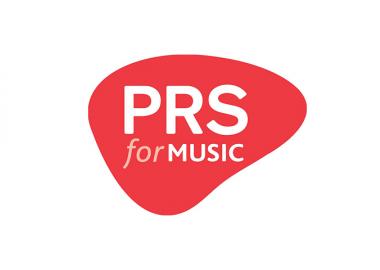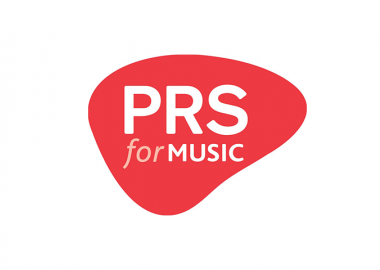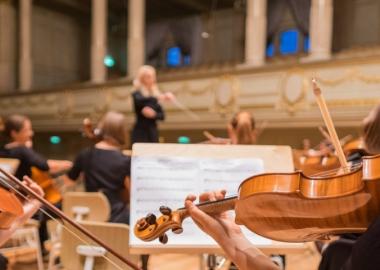When you play or sing or programme a work that is in copyright, you need to consider who licenses the right to perform it. If you’re performing a piece of music as part of a standard concert/recital/gig, that’s usually simple – the vast majority of pieces can be licensed through PRS for Music (read all about PRS fees in our guidance).
It gets a bit more complicated if you want to perform a copyrighted ‘dramatic’ work – this can include musicals, opera, ballet and even individual show tunes. In this guidance we’ll explore the ins and outs of Grand Rights.
|
There are three different copyrights to be aware of for a piece of music:
If you are not sure who owns the copyright you can contact the Music Publishers Association |
What is a dramatico-musical work?
Dramatico-musical is the term used to describe a theatrical show which has music specially written for it. This includes opera, musicals, ballet and some pantomimes and revues.
What are Grand Rights?
Grand Rights refer to the permission to perform a dramatico-musical work.
Grand Rights are not controlled by PRS for Music, so unlike with non-dramatic performances you can’t just pay a PRS fee after your performance – you need to obtain the rights to put on a dramatic musical work before you perform it.
You do not need to obtain Grand Rights to perform a show which is not in copyright.
When does a performance require Grand Rights?
If you are performing any part of a dramatico-musical work – even just a small excerpt or a selection of the music – and you are including a staged or semi-staged element in your performance, you will need to obtain Grand Rights.
A staged or semi-staged performance is one that involves some performance beyond the music that is suggestive of the work - e.g. costume, characterisation, scenery, props or choreography. For example:
- A performer wearing a mask while singing a song from The Phantom of the Opera would count as semi-staged.
- Some simple choreography such as finger clicking, a change in stance or arm movements would not count.
A performance can sometimes require Grand Rights even if you don’t include a staged element as part of your performance. In the following situations, you will also need to obtain Grand Rights:
- You are performing the full work without any staged/semi-staged elements
- You are performing one act of the work in its entirety without any staged/semi-staged elements
- You are performing more than 25 mins of excerpts from the work without any staged/semi-staged elements
The only scenario in which you do not need to obtain Grand Rights, is when:
- You are performing less than 25 mins of music from the work; AND
- You are not performing a whole act in its entirety; AND
- You have not included any staged or semi-staged elements in your performance.
In this situation, your performance would be licensed by PRS for Music in the usual way.
There is a tool at the bottom of the page to help you find out more about when you do and don't need Grand Rights.
How can I acquire Grand Rights to perform a show?
As Grand Rights are not controlled by PRS for Music, you will need to approach the publisher to request the rights. For unpublished works, you need to ask the creator(s) of the work. If you are not sure who the publisher is you can contact the Music Publishers Association.
If you are hiring the music from the publisher, they will normally ask you about Grand Rights at the same time. If you are getting the music from elsewhere, or already own the music, you still have to contact the publisher ahead of your performance to obtain the rights to perform.
There will be a fee to pay, and the publisher may take some time to respond to your request. They may also refuse the request – this can happen in particular if you are requesting the rights to perform a show which is currently being produced professionally. So be confident that you can obtain the rights to perform your show before you begin working on it - and allow plenty of time for the publisher to respond to your request.
Remember that if you plan to record the performance and distribute the recording (e.g. CD, putting it online) you will need a separate licence to do this - so when you contact the publisher about the Grand Rights ask about recording/distributing too.









